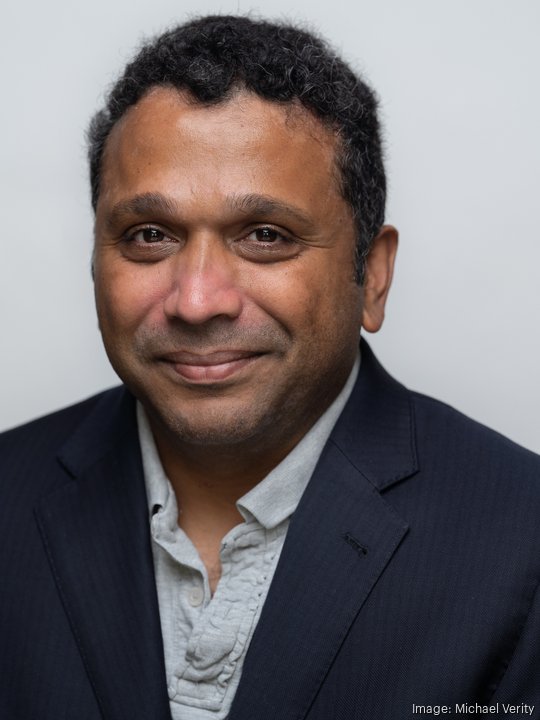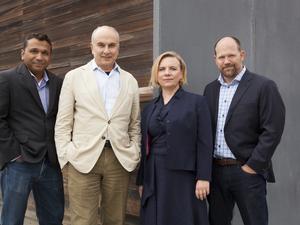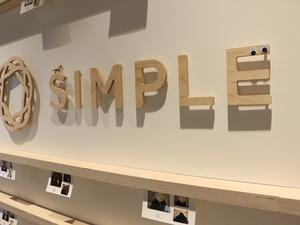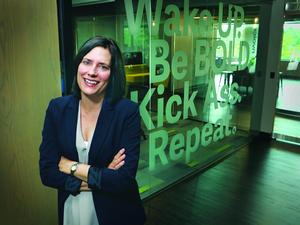
In July, Portland fintech startup Sila announced a $13 million Series A, nearly double what the company raised a year early in it s seed round.
Co-founder and CEO Shamir Karkal, a seasoned fintech entrepreneur, said the round came together rather quickly, in about 12 weeks, but it wasn’t easy.
“I won’t call it easy. It never is,” he said. “It’s always a ton of work.”
Elements that worked in Sila’s favor, in addition to Karkal’s past experience building and scaling a fintech, are Sila’s own numbers. The company has more than 100 paying customers and the metrics investors watch are all growing.
The team has grown to more than 40 people, and Karkal said he expects headcount to be more than 50 by the end of the year.
Karkal said Sila’s last round was competitive. Within the fintech market round sizes have increased as have valuations. Some companies, Sila included, have opportunities to grow faster than there were five to 10 years ago, he said.
Why? A confluence of trends and a global pandemic that accelerated everything.
“Even in February 2020 if you liked walking into a bank branch and doing stuff, you could. By April of 2020 you had no choice. The bank wasn’t open. If you didn’t do it online you didn’t do it,” he said. “But that is true across everything. The world was moving online rapidly but 2020, the pandemic, delivered a decade of growth in a quarter.”
For Sila, the company saw its sales pipeline slow from February to May. The startup didn’t lose customers but those in the pipeline paused talks. By June 2020, “everything came back with a bang,” he said.
Sila is a fintech infrastructure company. It is building an application programming interface layer that is used by other companies to digitize payments. Sila’s APIs help developers verify identities, link payments, deposit and credit accounts and transfer money. It’s all done in regulatory-compliant ways. The company bridges the needs of new fintech companies and the legacy infrastructure used by financial institutions.
The entire system is built on top of a Sila-issued token based on the Ethereum blockchain and tied to the U.S. dollar. Developers can use Sila to build payment and fintech products and convert dollars to tokens, then move those tokens without delays from older banking infrastructure technology.
Karkal focused on fintech infrastructure after his experience at Simple and the pain points that company faced. In fact, he said that looking back, Simple — which has since been shut down by its new owner — may have been three to four years too early. Current online banks such as Chime, that look a lot like what Simple was, seemed to have timed the market and the technology better.
Plus, regulators are looking at innovation in banking differently now more than a decade after the 2008-09 financial crisis, which was when Simple came about, Karkal said. His years of experience building payment processors, ledgers and compliance teams is an advantage of those just getting into the market, he said.
Global financial services, he said, is $17 trillion industry, and the internet revolution has just started to touch it.
“The internet has transformed the world of advertising. Global ad revenue is $600 billion and global financial services is a 30 times larger (market). Ads is not the meat of the global GDP, it’s the thing frothing on top,” he said.
As financial services, which includes everything from banking to insurance to wealth management to crypto currency, goes digital fintech companies will thrive. It’s this dynamic that has kept Karkal in the space.
For Sila, the company is continuing to hire. It has an office in downtown Portland but is a remote-first company with employees around the country.






